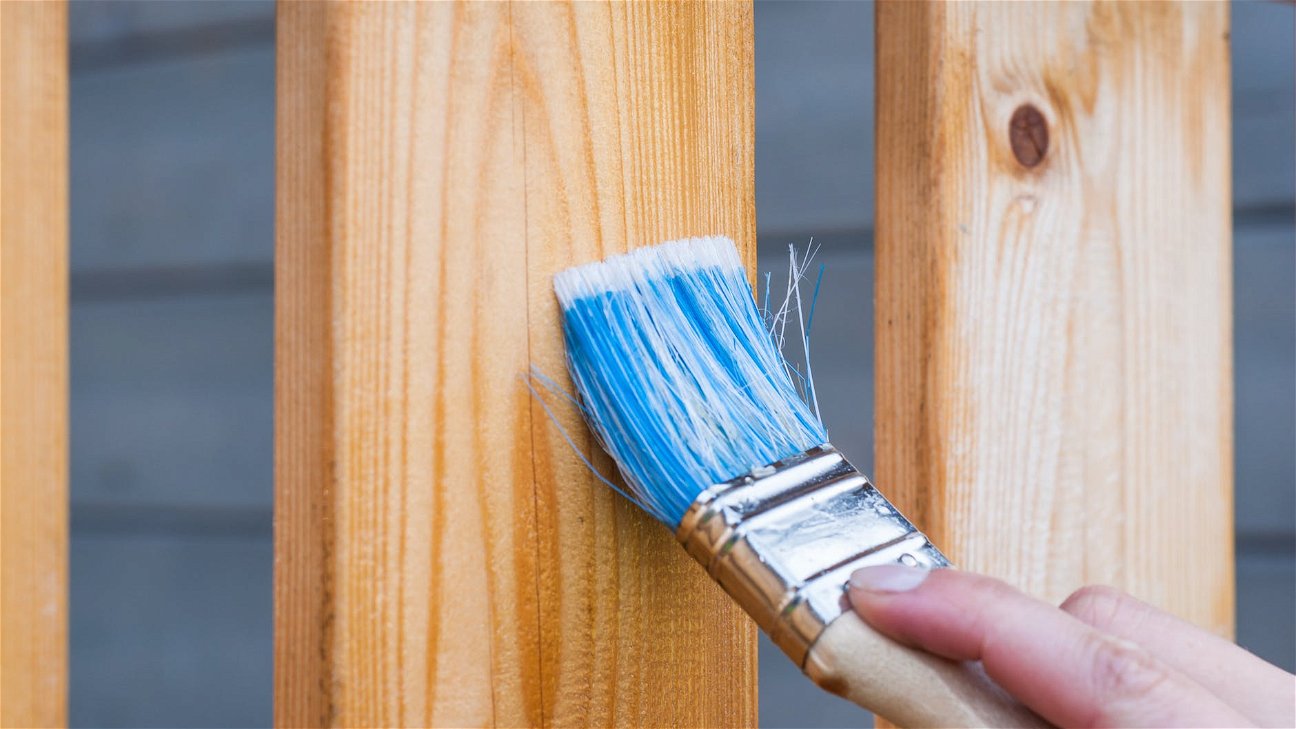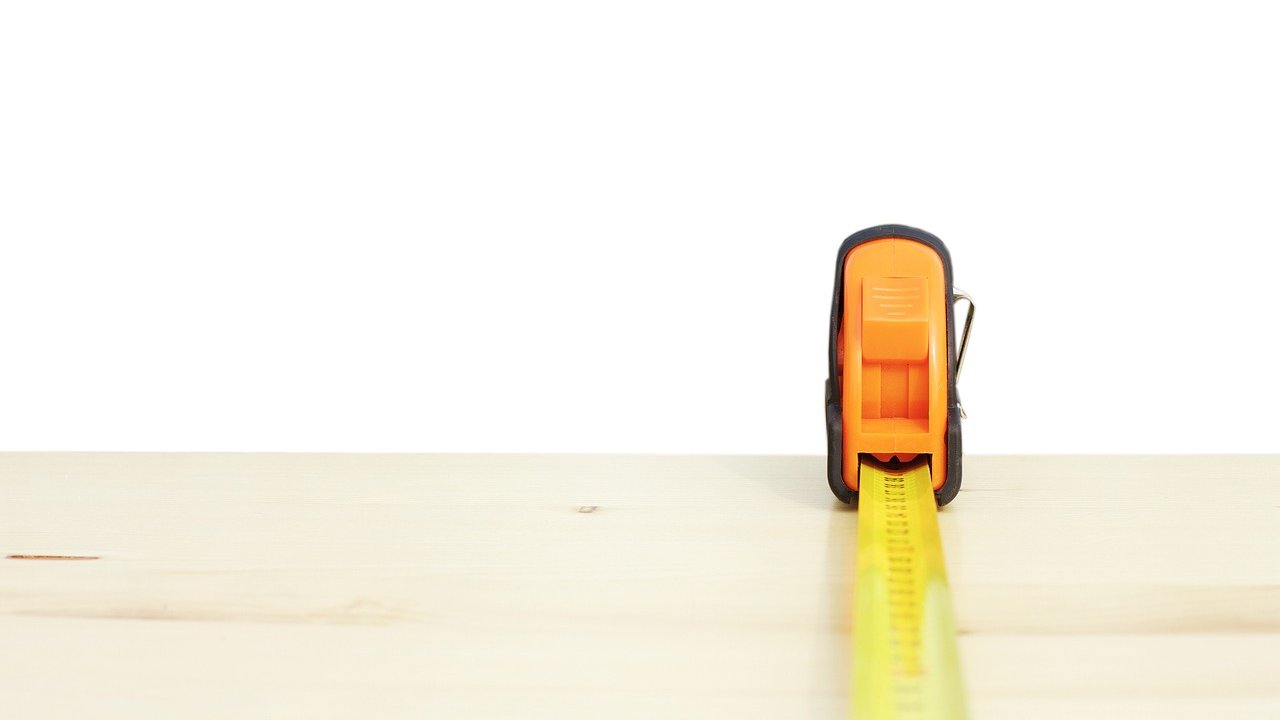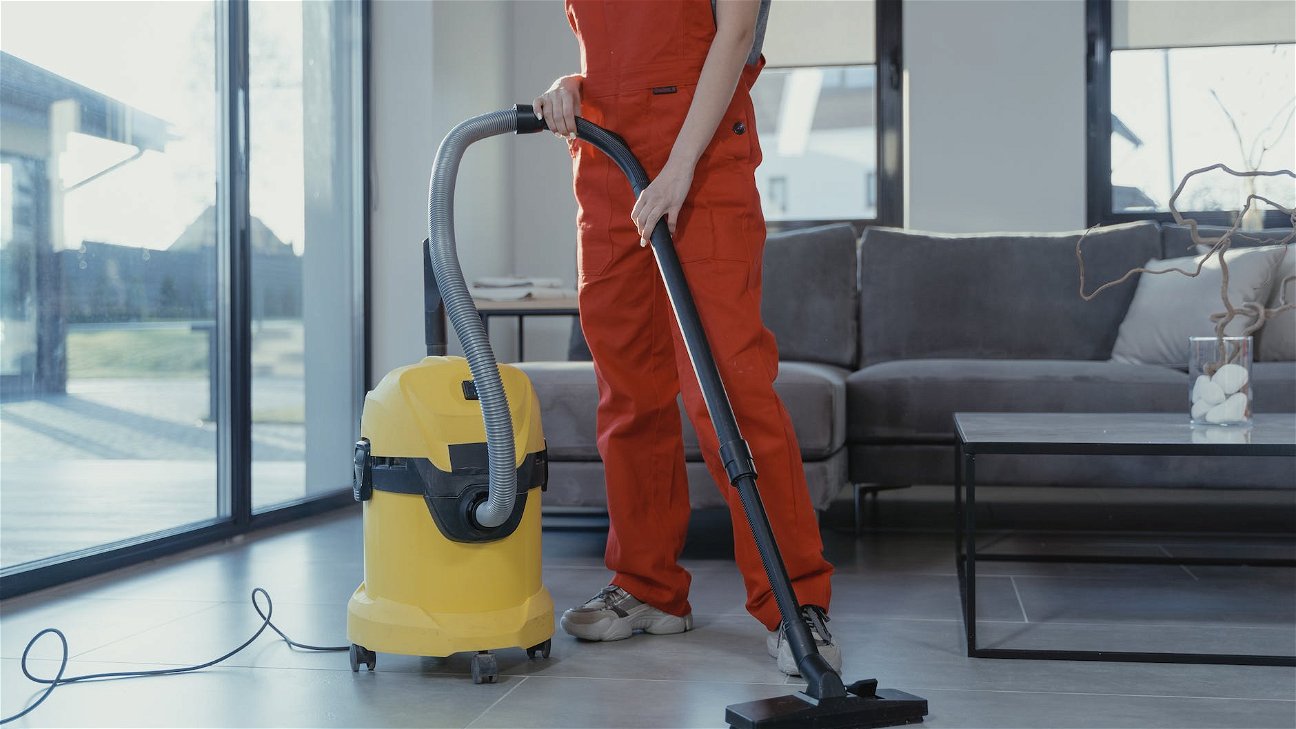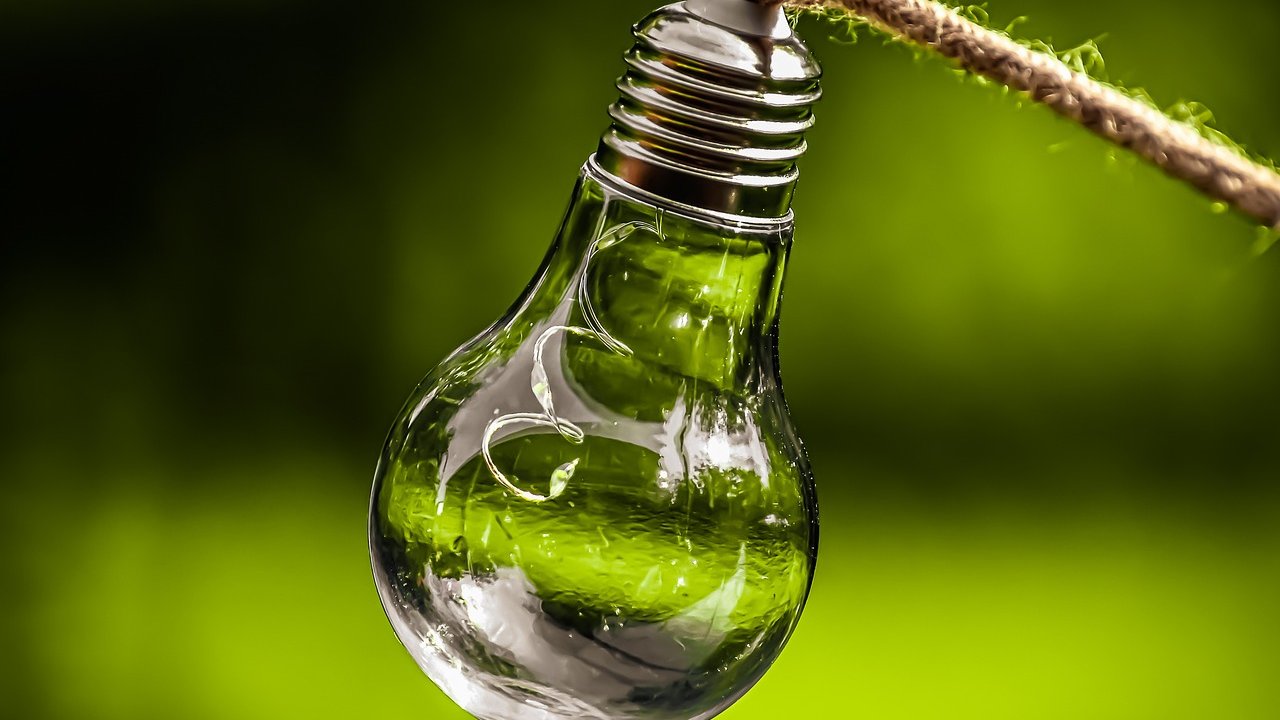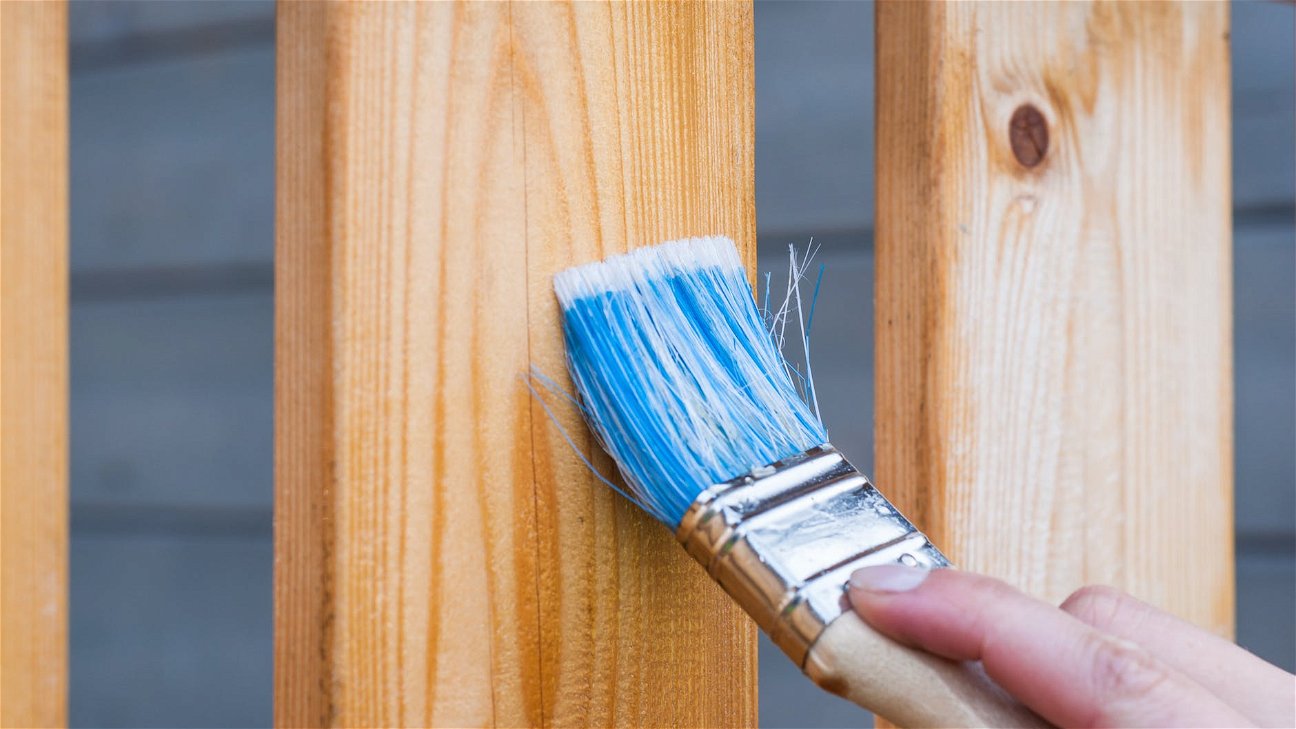
With the rising energy costs and environmental concerns, effective home insulation is no longer an option but a necessity. Good insulation not only helps keep your home warm during winter and cool during summer, but it also saves energy and reduces your energy bills. Whether you're building a new house or renovating an old one, here are six essential tips to ensure your home is well insulated.
Understand your insulation needs
Different homes have different insulation needs, based on factors like geographical location, house design, and lifestyle. For instance, homes in colder climates require more insulation than those in warmer climates. Also, homes with attic spaces might need different insulation techniques than those without. So, understanding your specific insulation needs is the first step towards effective home insulation.
Choose the right insulation material
There are various types of insulation materials available, each with its own pros and cons. Some of the common materials include fiberglass, cellulose, and foam. Fiberglass is lightweight and easy to install but can irritate the skin and lungs. Cellulose is eco-friendly and has a higher R-value (a measure of thermal resistance) than fiberglass but can be difficult to install. Foam offers the highest R-value and is easy to install but can be more expensive. So, consider your budget, house design, and personal preferences when choosing insulation material.
Ensure proper installation
Poorly installed insulation can be as bad as no insulation at all. So, make sure the insulation is installed properly. If you're doing it yourself, follow the manufacturer's instructions carefully. If you're hiring a professional, ensure they are certified and experienced.
Insulate all areas of your home
While most people focus on insulating the walls and ceiling, it's also critical to insulate other areas of your home, like floors, doors, and windows. Around 10% of heat loss can occur through uninsulated floors, while doors and windows can account for another 25%. So, be sure to insulate all areas of your home for maximum efficiency.
Regular maintenance and inspection
Insulation materials can degrade over time, reducing their effectiveness. So, regular inspection and maintenance are crucial. Check for signs of damage, like dampness, mold, or insect infestation, which can compromise the insulation. If you notice any issues, fix them promptly to maintain the insulation's effectiveness.
Consider cost-effectiveness
While insulation can save you money in the long run by reducing energy costs, the initial installation can be expensive. So, consider the cost-effectiveness of different insulation methods and materials. Choose a method that offers high energy savings for a reasonable cost.
By following these tips, you can ensure effective home insulation, improve energy efficiency, and reduce your energy bills. So, start insulating your home today and reap the benefits.
